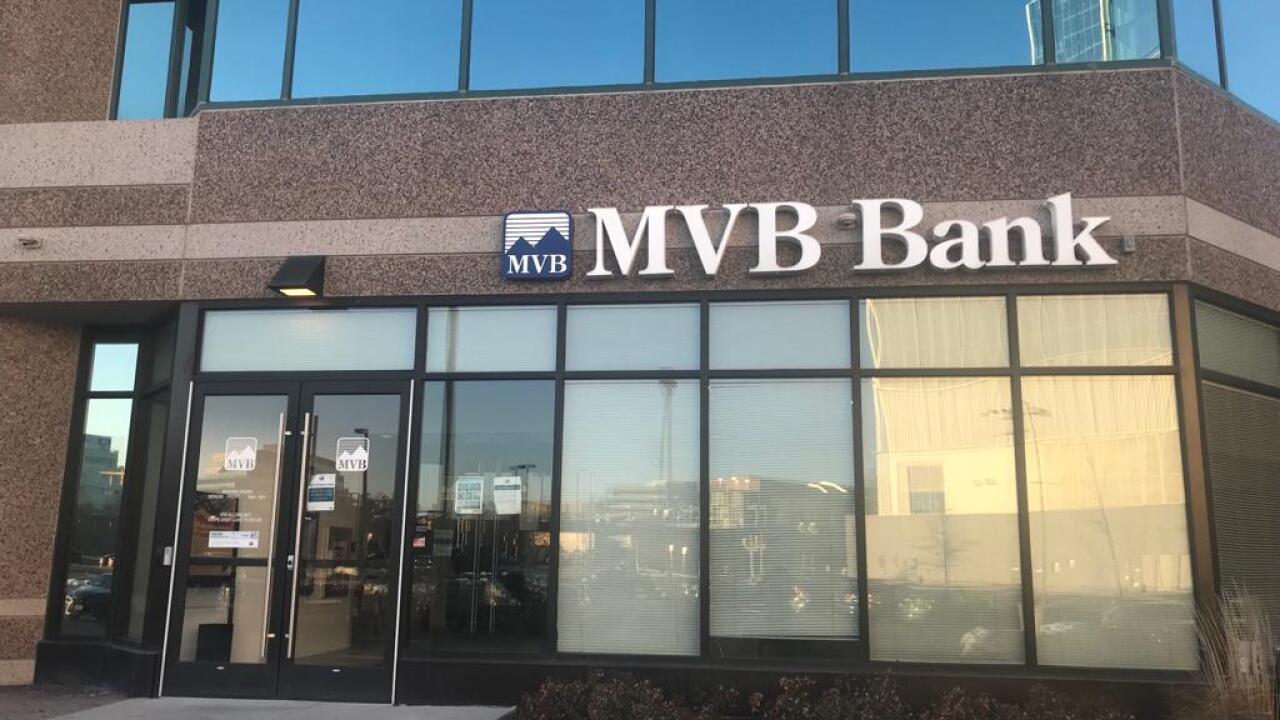U.K. startup
So far only two merchants are on board—the fast-casual dining chain EATS with more than 100 London locations, and one location of Bel-Air, a California-themed restaurant chain based in London. Both have been supplying detailed receipt data since to customers of Starling Bank and Monzo Bank for the last several months in separate pilots.
With the newly announced Barclaycard pilot, Flux aims to entreat Barclaycard’s own merchant acquiring partners to issue digital receipts to consumers whose bank cards are also activated on Flux, the startup said in a statement via its London-based public relations agency.

But even Flux realizes this is an uphill task: “Flux is a two-sided product and must be switched on with both the consumer and the merchant in order for the data to flow, which is what makes it such a hard problem to solve,” Flux said.
Flux links purchases to bank cards via a software integration at the retailer’s point of sale with no changes required in the merchant’s existing payment-processing flow. Itemized receipts from participating merchants, including taxes, instantly appear in the participating customer’s mobile banking app. The Barclaycard pilot enables 10,000 consumers who have signed up for Barclays Launchpad product-testing app to automatically store their receipts from EAT.
It’s easy to see why banks want to participate, experts say. Banks prize their role at the center of consumers’ financial lives, but they’re frustrated by their lack of visibility into purchase details, because payment processing systems merely supply the timing, location and amount of the final transaction.
In focus groups, consumers say they would value having all their purchase information stored in one place, which was the key impetus for Flux, launched in April by three former employees of the fintech startup Revolut.
"I could see banks leveraging [this purchase data] for personal financial management in the future as long as Flux gets more merchant participation,” said Aaron McPherson, co-vice president of research operations at Mercator Advisory Group.
But retailers have little to gain by sharing one of their most valuable commodities—data—with third parties. This was a major sticking point on several failed mobile wallet ventures including
“Having access to retailer purchase data is a really big deal … but retailers have been loath to share detailed data because it’s the lifeblood of their business,” said Richard Crone, president of Crone Consulting LLC.
Indeed, sharing consumers' purchase history after the fact isn't that revolutionary, Crone suggested, noting that many card-linked rewards programs work by crafting deals for bank customers based on past purchases. Atlanta-based Cardlytics and other card-linked marketing firms are looking for ways to
“The most valuable way retailers can use their data is to leverage it during the shopping and purchase process, through navigation within stores using a shopping list and eventually tying the shopping list to an in-aisle or interpretive video-smart checkout like Amazon Go,” Crone suggested, pointing to Amazon’s prototype self-service checkout model.
Retailers like
Flux is promoting its service as more streamlined than others that have tried to link retailer purchase information with consumers’ bank accounts.
“Other receipt data providers either use email addresses, instead of payment cards, to match consumers to receipts or insert themselves in the payment processing flow in order to match receipts,” Flux explains on its website.
Flux also touts its ability to extend the security banks offer, protect consumers’ privacy from marketing and other invasions by promising not to share any personal or contact information with retailers.
Flux in September raised $1.5 million in a seed-funding round led by venture capital firm PROfounders, with participation from Yarrow Capital, Alex Hoare and Rosemary Forsyth, among others.





